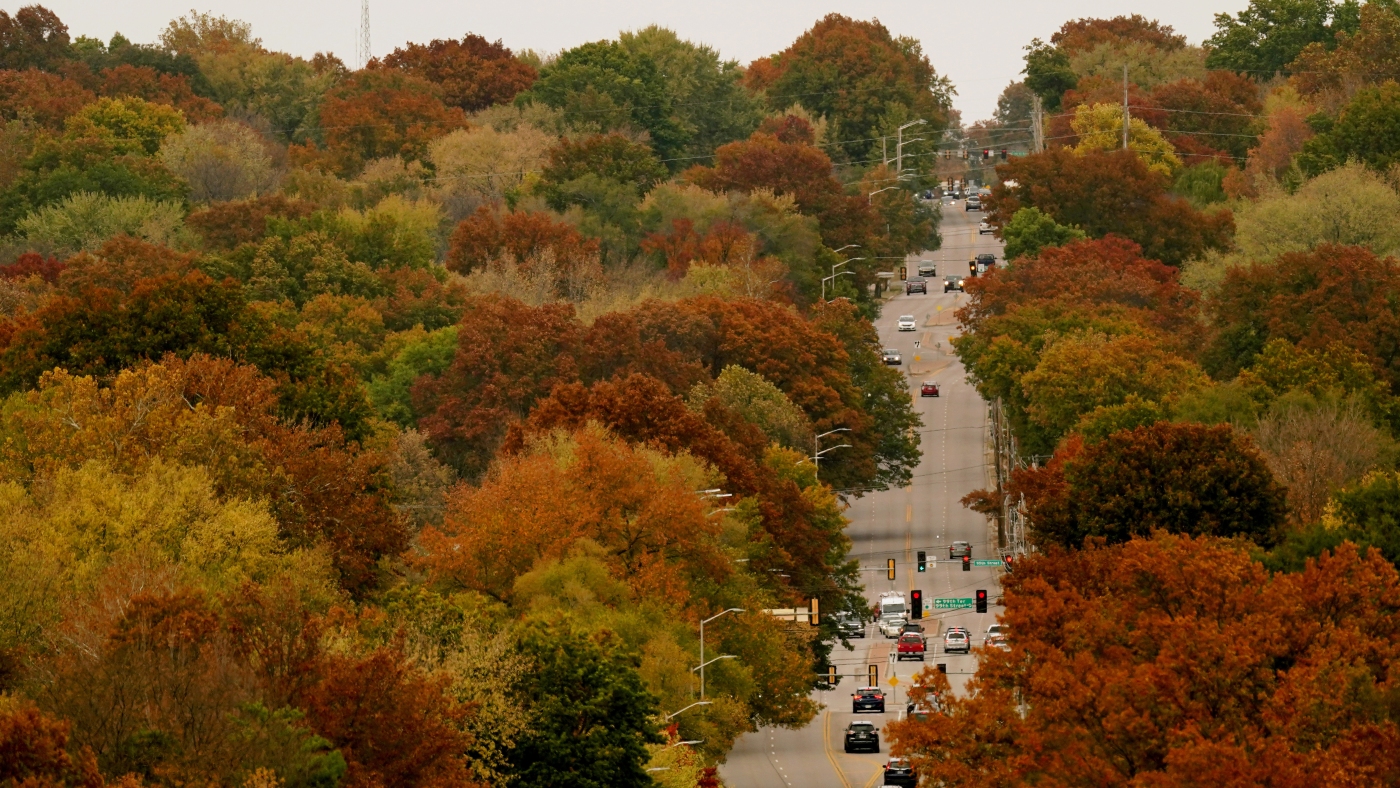
"A man was criminally charged for cutting down his neighbors' trees to improve the views from his own property, representing one form of timber trespass."
"Timber trespass cases often involve negligence, where individuals mistakenly believe trees are on their property or disregard property lines before cutting trees."
"Proving intent is challenging in timber trespass cases; many accused individuals claim they believed they had permission or misunderstand the situation."
"In intense cases like Nantucket and Maine, timber trespass can escalate to criminal charges, highlighting a significant legal repercussion for malicious actions against trees."
Timber trespass cases, such as a recent one in Nantucket where a man cut down his neighbors' trees for better views, provoke outrage. Such cases arise from negligence or recklessness, typically when a property boundary is unknown or ignored. When tree removal is willful and intentional, proving intent in court is often difficult. Criminal charges are rare as individuals often claim misunderstandings regarding permissions. High-profile incidents can escalate to significant legal consequences compared to the more common negligent cases.
Read at www.npr.org
Unable to calculate read time
Collection
[
|
...
]